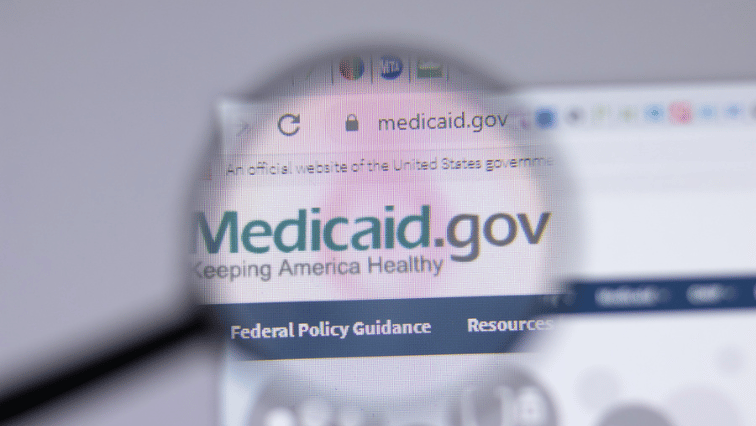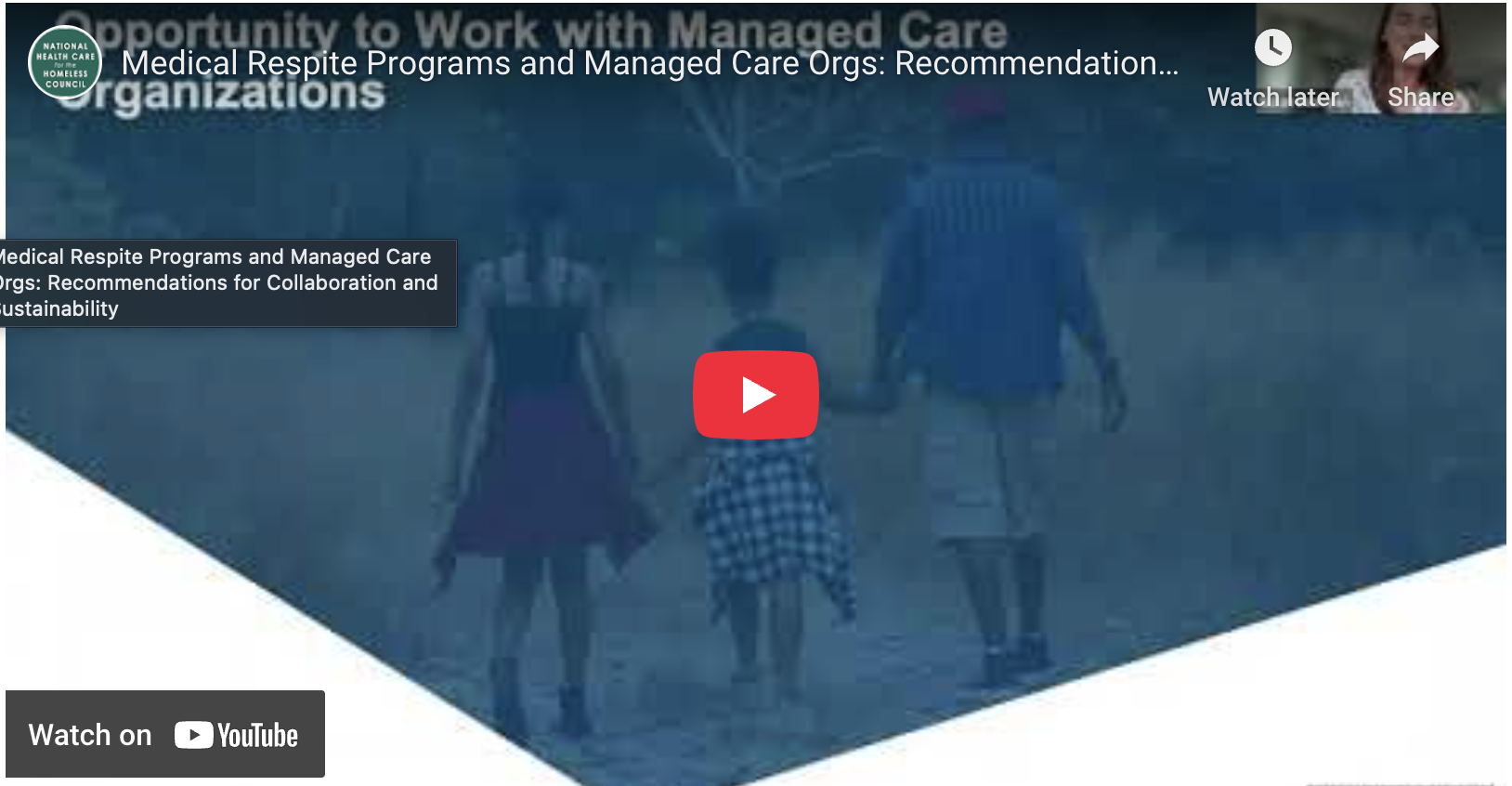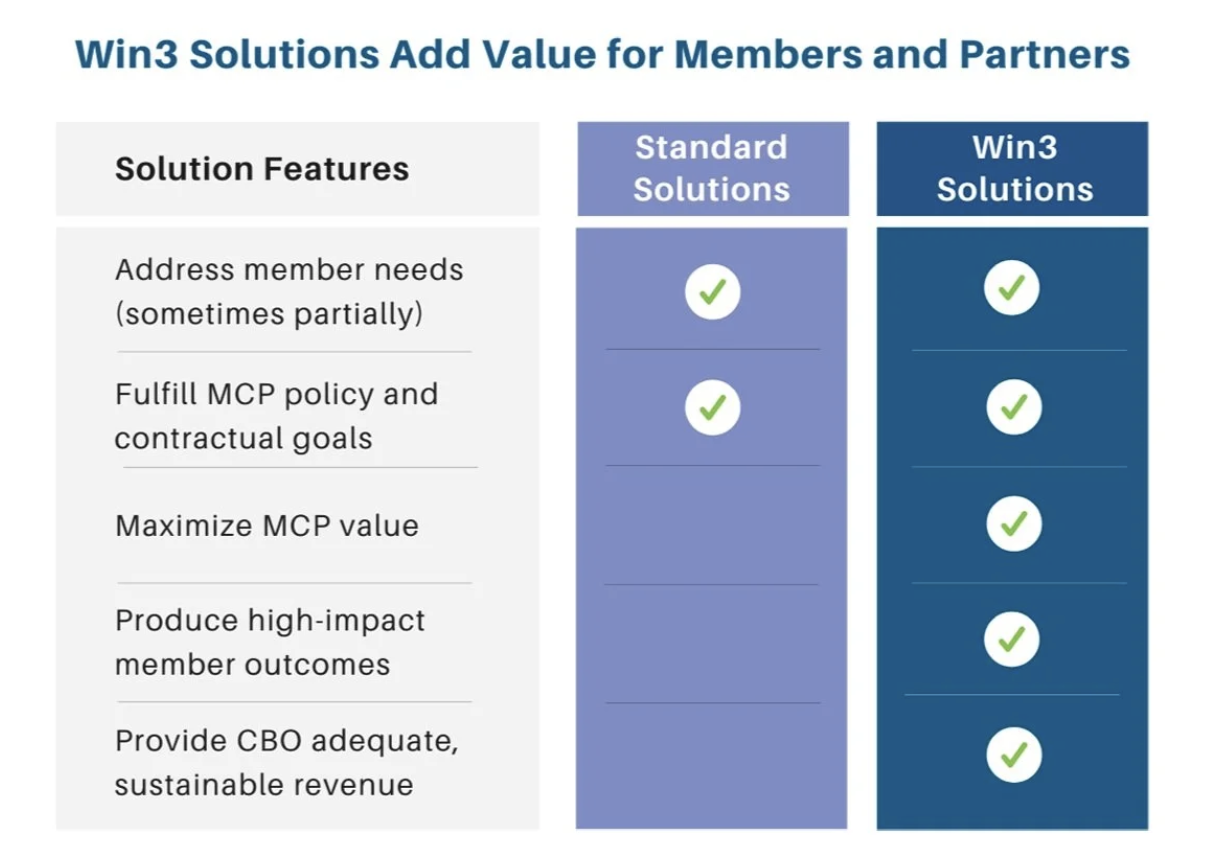Blog

Build for Tomorrow, Starting Today: The Opportunity and the Imperative for Impact Investors in the United States
It’s no wonder that impact investors (ok, nearly all investors) are being cautious with how they deploy capital in the United States these days. Uncertainties driven by shifts in federal policy, significant public sector employee reductions, and large pullbacks in federal funding make this a tumultuous time – especially for those investors with an interest in seeing both financial and social impact returns.

A New Equation for Sustainable Health Solutions: Performance-Based Revenue + Mission-Aligned Capital = Sustainable Quality Health Solutions
There is increasing recognition that social drivers of health are often most effectively addressed at the community level, by trusted organizations with local roots. While traditional healthcare providers can play a critical role, local community-based organizations (CBOs) deliver incredible value in geographies rural, metropolitan, and everywhere in between. But across the board the compensation that CBOs earn through government contracts, fee-for-service reimbursement, and other sources falls far short of both the costs they incur and the actual value they produce.




Getting to the “Win3” – How Managed Care Plans Can Develop High-Value Partnerships
Reflecting on a teammate’s recent call with a community-based organization (CBO) and a managed care plan (MCP), I was struck by one participant’s observation that this call was different – namely, that the focus was to develop what the Quantified Ventures team refers to as a true win-win-win (win3) solution by aligning parties on shared impact objectives.

Impatient for Systems Change to Adequately Fund Health Related Social Needs? Us Too.
At Quantified Ventures, we believe in the power and promise of community-based service providers to deliver better individual and community health outcomes – especially for people most affected by systemic racism and poverty. To meet high levels of demand and drive these outcomes most effectively, service providers need new sources of funding that are – in all respects – more: more reliable than philanthropy, more robust than fee-for-service healthcare reimbursement, and more flexible than government grant programs.




